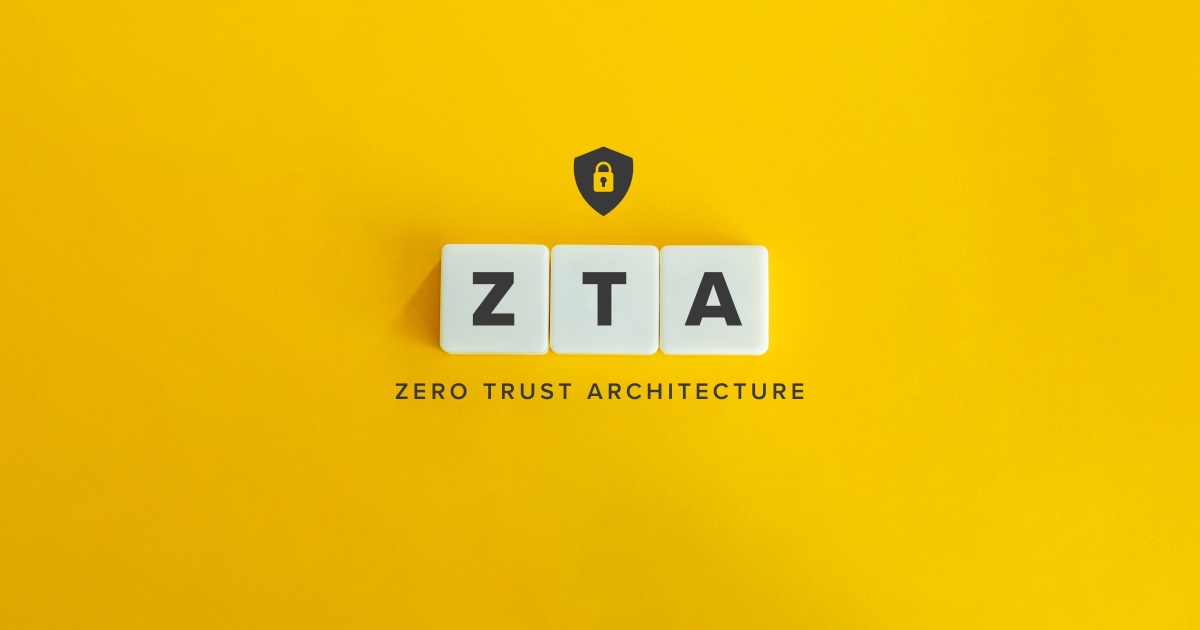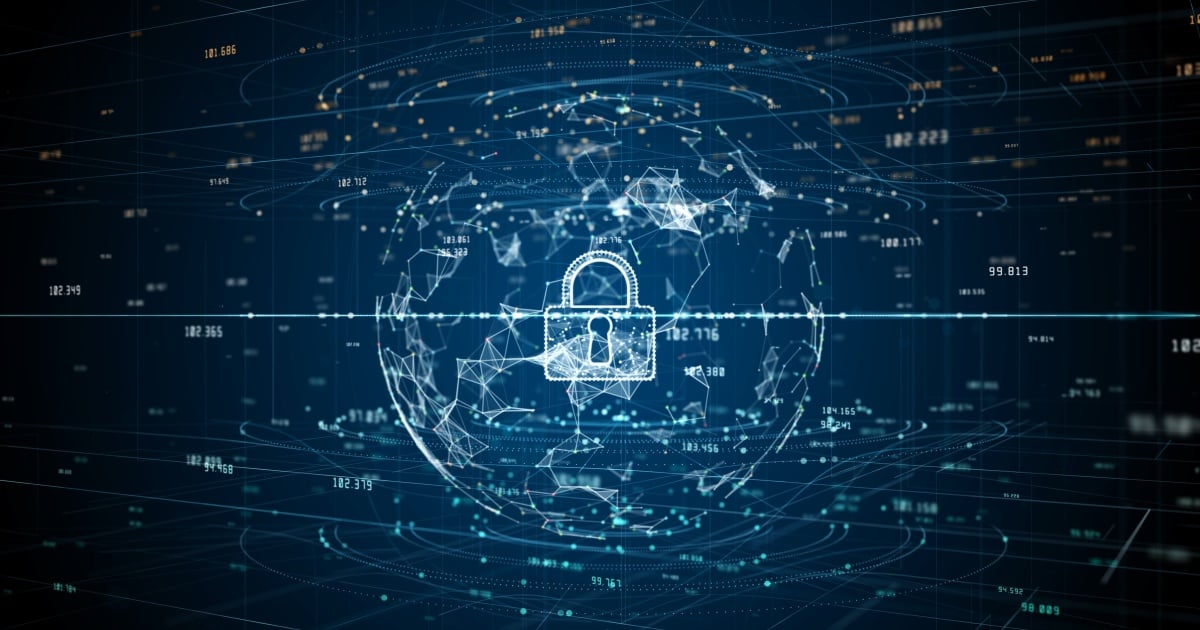
Remote work, cloud computing and sophisticated attacks are becoming the new norm in today’s business landscape, for better or worse. As a result, organizations worldwide are recognizing the urgent need to overhaul their security strategies.
One such strategy is zero trust. Zero trust, founded on the principle of "never trust, always verify," assumes that no entity (whether inside or outside the network) should be inherently trusted; every request for access to resources must be thoroughly verified before granting permission. Because of the security capabilities that come with zero trust architecture, it has quickly risen to prominence as a must-have security framework to protect valuable assets and data.
In fact, 82% of security experts are currently working on implementing zero trust, and 16% are planning to begin within 18 months, according to a recent report by Beyond Identity. With the report, Beyond Identity wanted to dig a bit deeper to see the motivating factors of zero trust adoption.
Among those cybersecurity professionals that have placed zero trust at the pinnacle of their preferred security approaches, 65% of the respondents expressed strong confidence in the efficacy of the policy framework, believing it to be either very or extremely effective in safeguarding businesses and users from cyber threats.
Another motivating factor as to why organizations are adopting zero trust is its place within the U.S. government through the 2022 Federal Zero Trust Strategy, a comprehensive initiative launched by the U.S. government to enhance cybersecurity measures across federal agencies.
Under this strategy, federal agencies were directed to implement strict access controls, multi-factor authentication, encryption, and continuous monitoring to protect critical assets and data. The goal was to move away from traditional perimeter-based security and focus on securing individual resources, applications and data, regardless of their location.
The study's findings also shed light on the strategic relevance of zero trust adoption for specific sectors facing distinct cybersecurity challenges. Banking, financial services, and insurance industries (collectively referred to as BFSI) emerged as prime candidates for implementing zero trust due to the sensitivity and vast volume of valuable data they handle. With cyber threats constantly targeting these sectors, the zero trust model's principle aligns perfectly with their security needs, enabling them to fortify defenses against potential breaches and data leaks.
Similarly, the study highlighted the suitability of zero trust for small businesses, which often lack the extensive resources available to larger corporations. These smaller enterprises face an increased vulnerability to cyberattacks, making the zero trust approach an attractive and practical solution to protect their assets and confidential information.
By implementing strict access controls and verification protocols, small businesses can bolster their security posture and reduce the risk of falling victim to ever-evolving cyber threats, all without the need for elaborate and resource-intensive security infrastructures.
“The findings of this research clearly indicate that zero trust is the end goal now more than ever and that requires a concerted and coordinated effort to achieve it,” said Jasson Casey, Chief Technology Officer of Beyond Identity.
Zero trust is a must in today's cybersecurity landscape. A proactive and adaptive approach to security addresses the challenges posed by remote work, cloud computing and advanced cyber threats.
Edited by
Alex Passett






